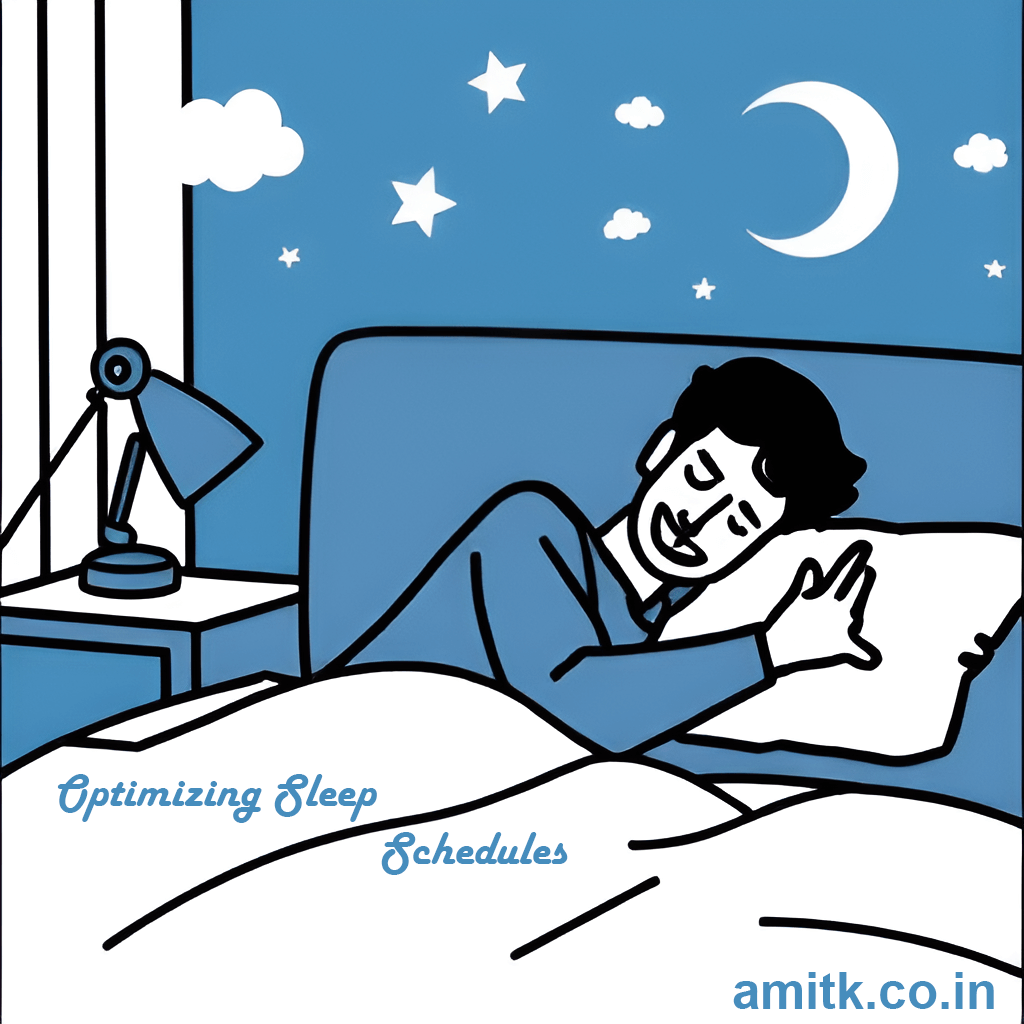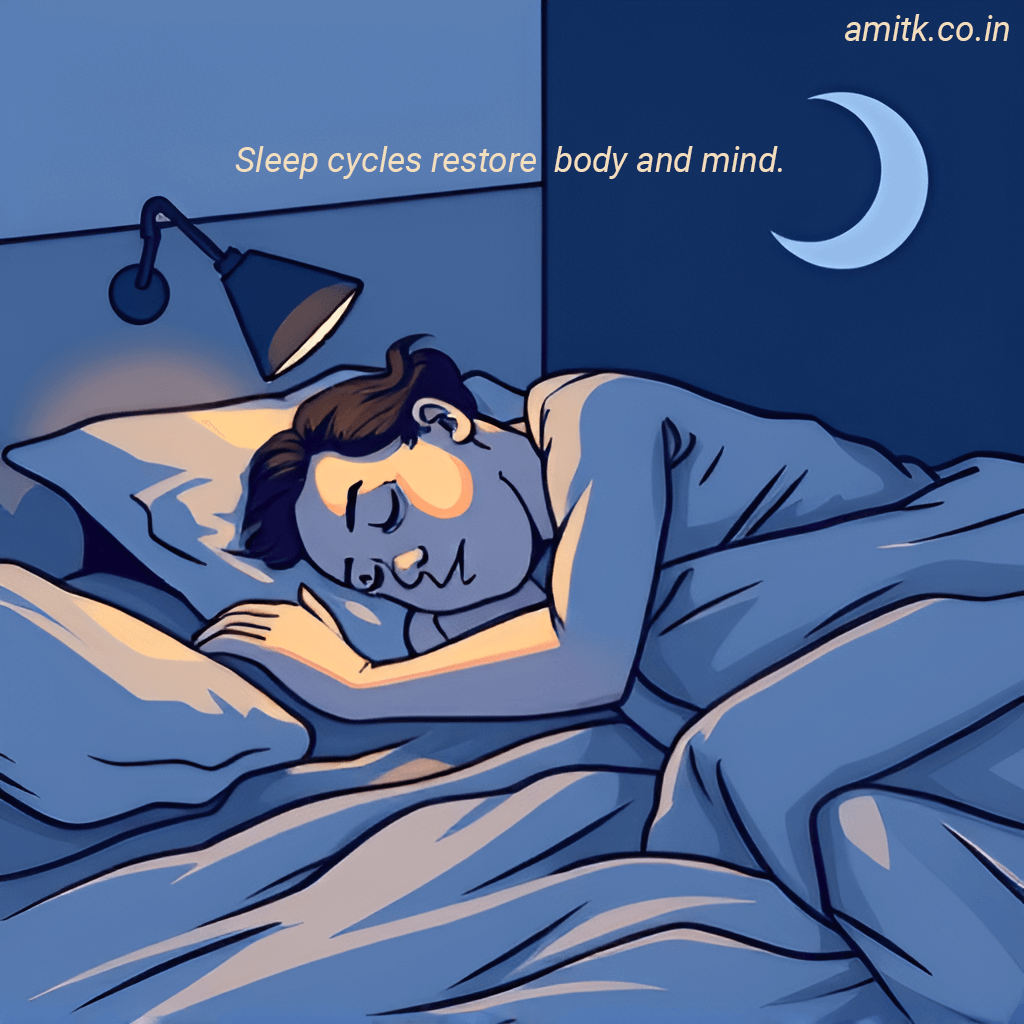
As a software developer, you probably have a very hectic schedule, and you wouldn’t want to mess with complex codings when you are not well-rested. Here is a general overview of guidelines on the best sleeping schedule for working professionals, including software developers:
Sleep as recommended:
- Bedtime: Between 10:00 PM – 11:00 PM.
- Rise and Shine time: Between 6:00 AM – 7:00 AM
- Sleep duration: 7-9 hours

Why this schedule?
- Circadian Rhythm: Sleeping between 10:00 PM and 11:00 PM is consistent with natural circadian rhythms.
- Sleep Cycles: 3-5 sleep cycles are required to accomplish physical and emotional healing, which are normally completed in 7-9 hours of sleep.
- Morning routine: Waking up between 6:00 and 7:00 a.m. gives you time for exercise, meditation, or breakfast before work.
- Work schedule: This sleep schedule allows for adequate rest and preparation time in the morning, allowing for a work start time of 8:00 or 9:00.
Software developers, take note of the following
- Sleep and wake up at the same time: Your body uses its internal clock while maintaining a sleep routine, even on weekends or days off.
- Develop a nighttime routine: Establish a relaxing pre-sleep routine. It can include activities like reading or listening to quiet music, which signals to the brain that it’s time to sleep.
- Avoid screens before bed: The blue light emitted by screens might reduce the secretion of melatonin, which causes sleep. Try to avoid screens for at least an hour before going to sleep.
- Take breaks: Take breaks now and then. Feel free to stretch, wander around, or rest your eyes differently. This will minimize fatigue and enhance concentration.
- Sleep comes first: Prioritize sleep and avoid any distracting activity before bedtime, such as games or watching movies.
- Take naps: a 20-30 minute power nap can refresh your mind and body. Just remember to set an alarm to prevent yourself from falling asleep too late.
Additional Tips for Software Developers with Non-Traditional Schedules
- Adjust your sleep routine according to your needs: Individuals who work at night or on rotating shifts should strive to change their sleep schedule properly. For example, a person who works at night should rest during the day and have a consistent schedule.
- Use light therapy: Both natural and bright artificial light can help regulate the circadian rhythm. You can use a light therapy box or a portable light device intended to assist workers during shifts.
- Remain active: Consistent physical exercise enhances sleep quality and lowers exhaustion. Include some physical activity into your daily schedule, even if it’s just as easy as taking a walk during your break.
Everyone’s sleep requirements differ, and you may discover what works best through experimentation and mistaken assumptions. Be patient and understand that if your sleep problems persist or you continue to feel excessively fatigued professional assistance is obtainable.
Also, read on 5 habits that can improve my life
Studies and research on sleep: Read on clinicaltrials.gov


